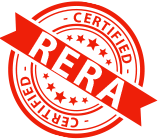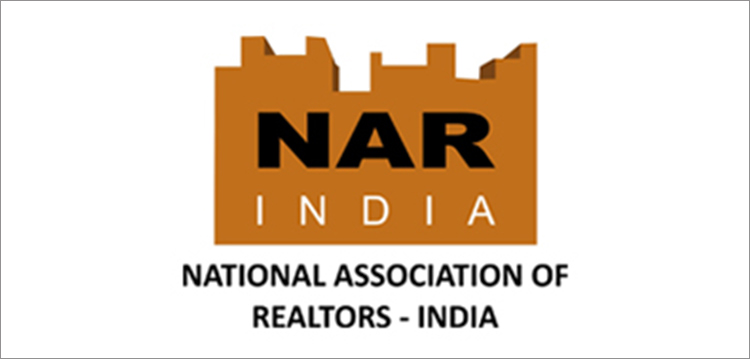Buying vs. Renting: A Comprehensive Guide to Making the Right Decision for Your Home
August 30, 2024
Admin
Key Factors to Consider When Deciding Between Homeownership and Renting
The decision to buy or rent a residential property is one of the most significant financial choices a person can make. Both options have their own set of advantages and disadvantages, and the right choice depends on various factors, including your financial situation, lifestyle, and long-term goals. In this blog, we'll explore the key considerations when deciding whether to buy or rent a home, using a practical example to illustrate the points.
Understanding the Basics
Buying a Home: When you buy a home, you are purchasing a property that becomes your asset. This means you have the potential for property value appreciation, the freedom to modify the property, and a sense of permanence. However, buying also involves substantial upfront costs, ongoing maintenance, and the potential for property depreciation.
Renting a Home involves paying a landlord for the right to live in a property without owning it. Renters have more flexibility to move and typically face lower upfront costs, but they also miss out on the potential financial benefits of homeownership, such as equity building and appreciation.
Key Factors to Consider
-
Financial Commitment
-
Buying:
-
Down Payment: Typically requires 20% of the property's value upfront.
-
Mortgage Payments: Monthly payments that often include interest, principal, property taxes, and insurance.
-
Maintenance Costs: Ongoing costs for repairs, renovations, and upkeep.
-
Property Taxes and Insurance: Recurring annual expenses.
-
-
Renting:
-
Security Deposit: Usually one to two months' rent upfront.
-
Monthly Rent: Fixed or slightly variable payment with no ownership stake.
-
Maintenance: Generally covered by the landlord, reducing personal responsibility.
-
-
-
Long-Term Financial Outlook
-
Buying:
-
Equity Building: Each mortgage payment increases your ownership stake.
-
Appreciation: Property values may rise over time, increasing your net worth.
-
Stability: Fixed-rate mortgages provide predictable payments.
-
-
Renting:
-
No Equity: Rent payments do not contribute to ownership.
-
Potential for Rent Increases: Rent can increase with lease renewals.
-
Flexibility: Easier to relocate without the burden of selling a property.
-
-
-
Lifestyle and Mobility
-
Buying:
-
Permanence: Ideal for those planning to stay in one place long-term.
-
Customization: Freedom to modify and personalize your home.
-
Community: Stronger ties to the neighborhood.
-
-
Renting:
-
Flexibility: Easier to move for job opportunities or lifestyle changes.
-
Lower Commitment: No long-term obligation beyond the lease.
-
Limited Control: Restrictions on modifications and personalization.
-
-
-
Market Conditions
-
Buying:
-
Favorable Market: Buying in a growing market can lead to significant appreciation.
-
Interest Rates: Lower rates make borrowing cheaper, enhancing affordability.
-
-
Renting:
-
Rising Rent: In markets with high demand, rent may increase faster than wages.
-
Housing Availability: In some markets, rental properties may be scarce.
-
-
Example: Pune, India
Consider a scenario in Pune, where you decide between buying a 2 BHK apartment in Hinjewadi or renting a similar property.
-
Buying:
-
Property Cost: 80 lakhs.
-
Down Payment: 16 lakhs (20%).
-
Mortgage: 64 lakhs at 7% interest over 20 years. Monthly EMI: 49,690.
-
Property Taxes & Maintenance: 10,000 annually.
-
Potential Appreciation: 5% per year.
-
-
Renting:
-
Monthly Rent: 25,000.
-
Security Deposit: 1.5 lakhs.
-
Annual Rent Increase: 5%.
-
Financial Comparison Over 5 Years:
-
Buying:
-
Total Payments: 29.8 lakhs (EMIs) + 10,000 (Maintenance & Taxes) = 30.8 lakhs.
-
Potential Property Value: 102.1 lakhs (assuming 5% annual appreciation).
-
Equity Built: 8.9 lakhs (principal repayment over 5 years).
-
-
Renting:
-
Total Payments: 15.9 lakhs (Rent).
-
No property ownership or appreciation.
-
Flexibility to move without selling a property.
-
Conclusion:
-
Buying may be more beneficial if you plan to stay long-term and seek to build equity and benefit from appreciation.
-
Renting could be advantageous if you prioritize flexibility, lower upfront costs, and shorter-term living arrangements.
Final Thoughts
The choice between buying and renting a home depends on your financial situation, lifestyle, and long-term goals. By carefully considering the factors outlined above and assessing your circumstances, you can make an informed decision that aligns with your needs. Whether you invest in a home or enjoy the flexibility of renting, both paths offer unique advantages that can support your journey toward financial stability and personal fulfillment.











